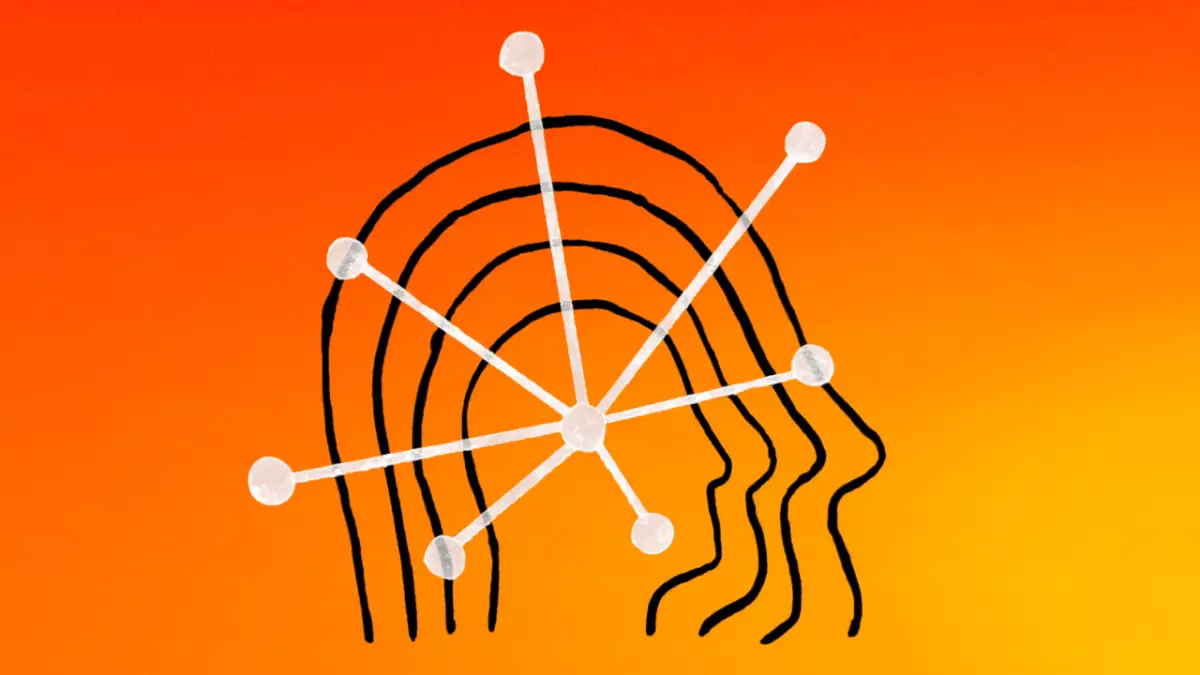In the rapidly evolving world of AI development tools, a notable rivalry has emerged between two heavyweights: Anthropic’s Claude Code and OpenAI’s Codex CLI. While both tools aim to simplify coding tasks through advanced AI models, the landscape is characterized by contrasting philosophies that could have lasting impacts on developer community sentiments. Particularly, the contrasting licensing strategies adopted by each company have served as a litmus test for developer goodwill, with Codex CLI appearing to secure a more favorable reception.
The Licensing Dilemma
The fundamental divergence lies in how each tool is licensed and shared with the developer community. OpenAI’s Codex CLI is accessible under the Apache 2.0 license, which enables modification, distribution, and commercial use. This open and flexible approach invites innovation and collaboration among developers, fostering a sense of ownership and involvement. On the other hand, Anthropic’s Claude Code operates under a more restrictive commercial license, curtailing developers’ ability to tinker with the product without explicit approval. This tight grip raises red flags, leading many to question whether Anthropic is as invested in developer collaboration as it claims.
Obfuscation and Backlash
Adding to the tension, Anthropic has gone a step further by obfuscating Claude Code’s source code. This move limits transparency and developer creativity, critical components in today’s open-source-centric landscape. When a resourceful developer managed to de-obfuscate the code and share it on GitHub, Anthropic retaliated with a DMCA takedown notice, further fueling frustration within the developer community. In stark contrast, OpenAI has actively merged community suggestions into Codex CLI’s codebase, including integrating models from other providers, even competitors like Anthropic. This willingness to incorporate user feedback positions OpenAI as a company that values collaboration—adding layers to its reputation and goodwill.
Public Sentiment and Future Implications
The public response to these contrasting actions cannot be overstated; social media has been rife with discontent over Anthropic’s aggressive approach. Many developers lament the company’s failure to engage positively with its user base, and this has cultivated a sense of mistrust. Additionally, OpenAI’s recent actions may reflect a larger pivot in its operational philosophy. CEO Sam Altman’s acknowledgment of having been on the “wrong side of history” regarding open-source practices suggests a reflective, possibly transformative direction for the company.
If OpenAI continues on this path of community engagement and open collaboration, it will likely strengthen its position in the market as the preferred choice among developers. Meanwhile, Anthropic’s defensive posture is risking alienation, which could hamper its long-term growth in the coding tool landscape.
Understanding these dynamics is crucial for developers deciding which tool to adopt. In a world increasingly driven by collaboration and transparency, a company’s willingness to embrace openness may directly influence its innovation legacy.

